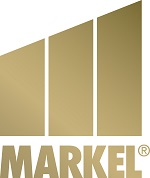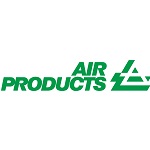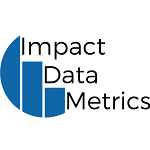IMed Academy Launches - giving skilled Life Science Graduates a Career Boost

How many of us remember having a passion for a particular career, applying for numerous positions, but constantly being knocked back because the only thing we didn’t have was actual work experience? It’s the age-old circular problem – you can’t get a job without experience and vice versa. This is even more mad when you also consider how many people in the regulatory field say that they got into the industry completely by accident?
IMed have always prided itself on recruiting our expert QA/RA consultants from Industry. We want to be sure that our specialists don’t just know their subject inside-out, but that they appreciate completely the practical and commercial challenges of our manufacturer clients. This really helps manufacturers on the regulatory trail and encourages our team to be flexible when business issues get in the way of progress and to keep all their regulatory advice commercial.
But when the medical device market is booming, as it is now, shouldn’t we give some new, younger talent a chance to clamber on to the bottom rung of the RA/QA ladder, expend their professional energy and flex their Life Science muscles a little?
Thus developed the kernel of an idea at IMed HQ, which we are now proud to be launching as ‘The IMed Academy’. We’ve recently been looking out for talented Life Science Graduates with a penchant for Medical Research and Clinical/Scientific writing. Our aim is to put them through an intensive training regime, whilst they also assist with real tasks and getting some hands-on experience, as part of a salaried job. The response was so high that we had to close the admissions down after a single working day!
Clearly there were many candidates applying for such a great opportunity. The Quality of applicants was really high and we even found some individuals who’d specialised early and actually taken a medical device to market, as part of their dissertation project!
But we were looking for really special individuals, who could demonstrate a strong work ethic and a genuine talent with Scientific and Regulatory conundrums. So, we put our shortlist through the IMed ‘Mill’ and tested them with progressively complex Regulatory tasks and followed these with several interview stages, including a gruelling competency session.
What surprised us, was how these young job seekers openly relished the various obstacles and kept coming back with better and better, quality answers and documents.
Industry tends to forget that, whilst some of the candidates may not be able to prove their work experience, they can absolutely demonstrate their desire and flexibility of mind, to take on a brand-new subject, seemingly undaunted. After all, it’s what they’ve been doing at university every term for the last 3 or 4 years isn’t it? New subjects, new challenges, new teams. Change holds no fear for the young – they’ve been assimilating nothing but changes by the time they are 21.
In our initial sweep, we are delighted to have made 2 hires! Both successful applicants worked very hard and impressively, through the recruitment process to achieve their selection. I’ll be telling you more about them personally in subsequent blog posts, so do look out for these. IMed will continue to seek out the right candidates in future rounds of recruitment too.
I hope more medical device and regulatory businesses will follow suit and give Science/Engineering graduates, who managed to get a degree or masters against the backdrop of a COVID-19 pandemic landscape, and let them show us what they’ve got to teach us about the skills they have already shown, like remote teamworking and good old fashioned determination!
























